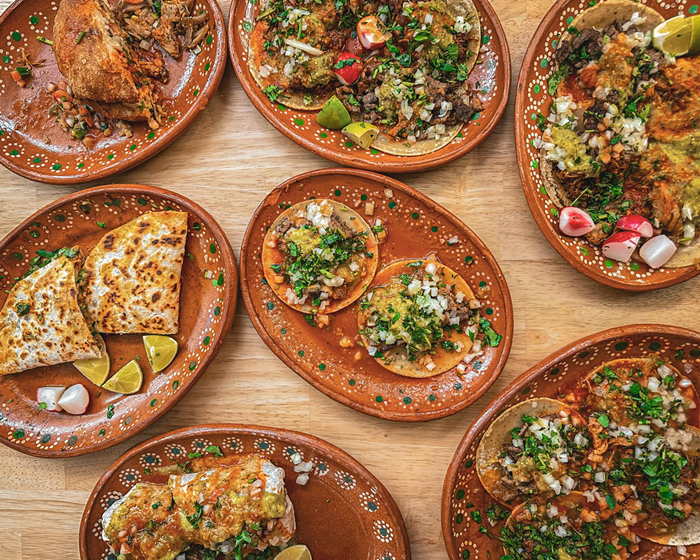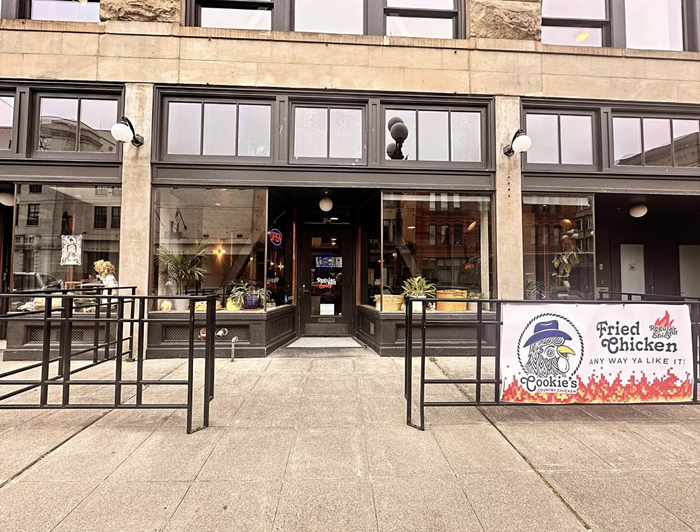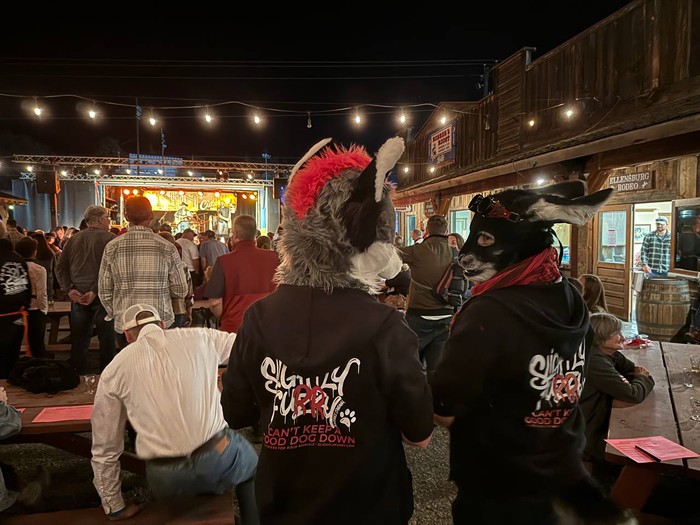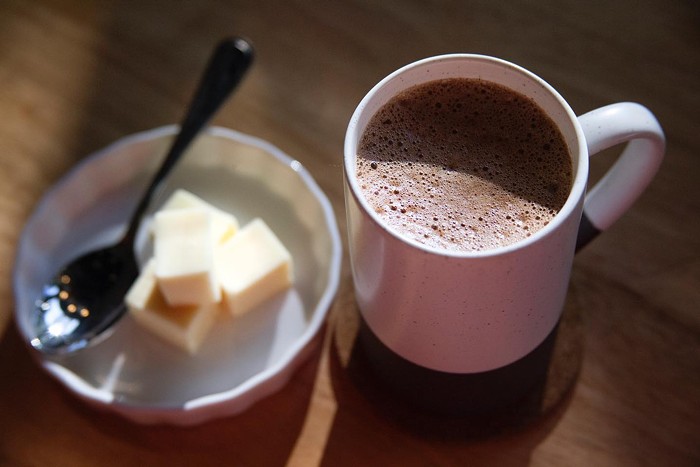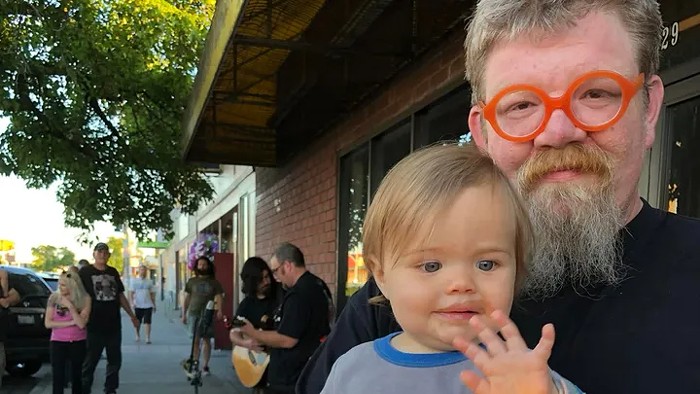Anyone who has read The Communist Manifesto knows that no one can sing the praises of capitalism like a Marxist. "The need of a constantly expanding market for its products," wrote Marx and Engels, "chases the bourgeoisie over the entire surface of the globe. It must nestle everywhere, settle everywhere, establish connections everywhere." Herewith, I shall turn off my standard and sometimes tiresome criticism of the dominant economic system of our world and simply be amazed by its cultural, geographical, and urban achievements.
My story begins with SideCar, a new San Francisco–based car-sharing operation. I requested a lift via the app, and five minutes later, a young African American woman, Shalonda, arrived with the ride. As she drove me to Bogart's (a bar on the edge of Seattle's industrial district, Sodo), we talked about what she did for a living: Shalonda works for a company that connects containers at Harbor Island with truck drivers. The usual destinations for these containers are Eastern Washington, Montana, and Idaho. For some reason, I imagined the truck drivers to be white, working-class beer drinkers, but Shalonda replaced that imperfect image with a truer one: "They are mostly from East Africa these days, at least the ones we work with. They come from places like Ethiopia and Somalia. They like trucking because it's basically owning your own business..."
Our conversation ended under the Bogart's sign. An image of the manly Hollywood star floated over us. I paid via a donation with my app, thanked her for the lift, and entered the bar. Inside, I was greeted by the always-royal Abraham Abe, a Ugandan who helps organize the African Connection night at Bogart's. On the stage, a DJ pumped Congolese pop out of his Mac; next to him was a display of the hottest African fashions designed by Jacinta Andera. A table was loaded with food, including a mountain of perfectly prepared and peppery tilapia fish heads. My drinks for the night were common and, thankfully, cold glasses of white wine, and most of the conversations I had with my fellow African drinkers concerned other Africans. ("You know Lloyd [a Zimbabwean mathematician living in the Bay Area]—he tried to patent an app that used your fingerprint instead of a password to access a bank account. My man, Sony, the Japanese giant, beat him to it by only two weeks." We all expressed our sorrow for the millions Lloyd has just missed by shaking our heads and drinking deeply.) The white American female bartenders served us with contained astonishment: the colorful clothes, the rhythmic music from lord knows where, the foreign laughter. All of this was made possible by the forces of global capitalism. ![]()



